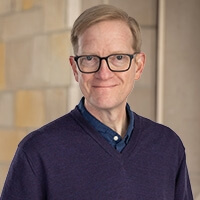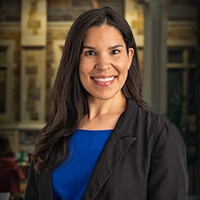Victim Blaming
When we accuse someone of victim blaming, we are saying that they are acting wrongfully. However, there is no one feature or set of features that is necessary to draw a victim-blaming charge, and it is not true that every act that draws that charge is wrongful.
The charge of victim blaming, as oppression resisting-rhetoric, has merged with our more rigid philosophical categories of blame, in ways that have created a messy social construct. The way forward is not to tame its usage but to recognize the ways in which it is unruly.
This paper excavates the arguments that underlie victim-blaming charges, including our scrutiny of victims’ behaviors, our myriad judgments including blame and criticism, our imposition of normative upshots from those judgments such as denial of standing, and the impact from expressions of those judgments such as furthering structural injustice or causing disproportionate harm. Any of these may, for different reasons, draw the victim-blaming charge. Accordingly, while the charge may serve valuable purposes in combatting oppression, it simultaneously obscures the normative stakes.
About the Law and Philosophy Workshop
The Law and Philosophy Workshop is jointly presented by the University of Michigan Philosophy Department and the School of Law. The public sessions feature presentations by leading or emerging voices in the fields of legal theory, moral or political philosophy to faculty members from the philosophy department, the law school, the history department, the Ross School of Business and the African-American Studies department, among others. The Workshop is open to the academic community.
Professors Nico Cornell ([email protected]) and Sarah Moss ([email protected]) organize the Workshop. If you would like to receive Workshop announcements, please contact Alex Wroble ([email protected]) and ask to have your name added to the workshop’s email list.






